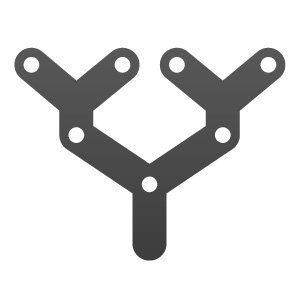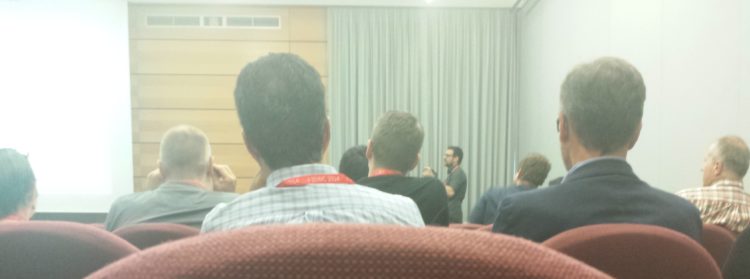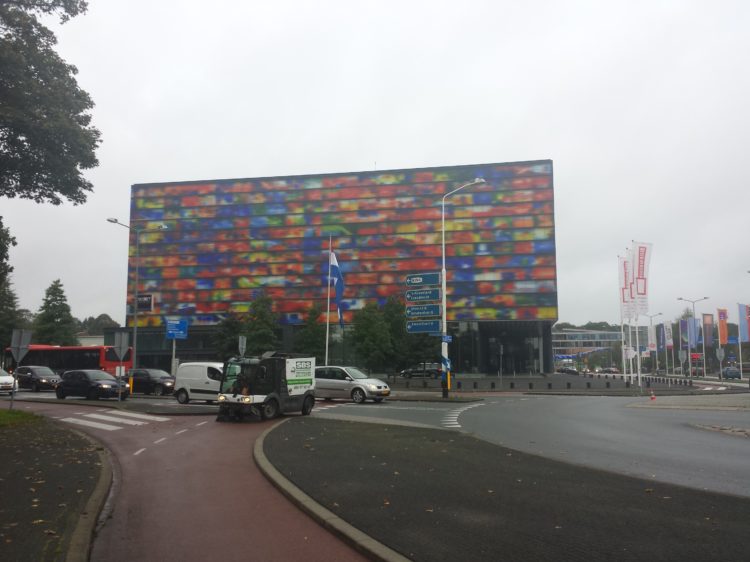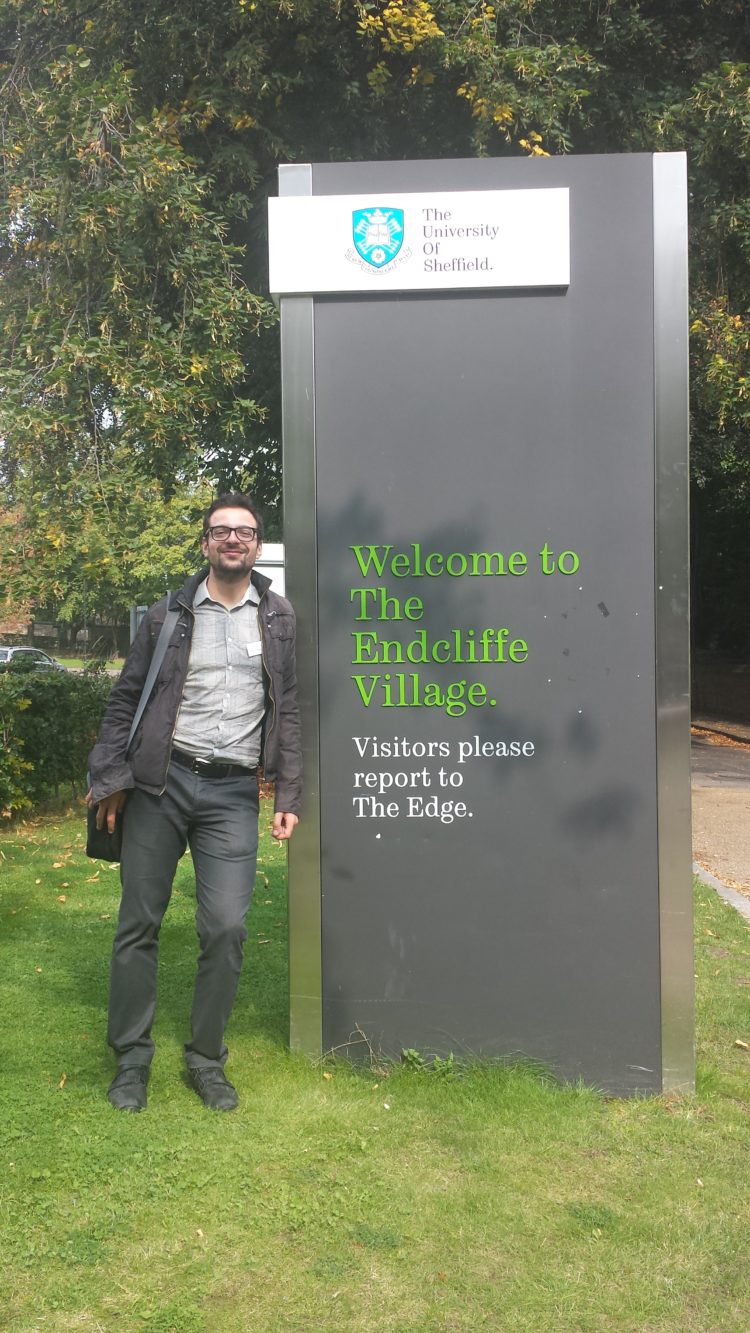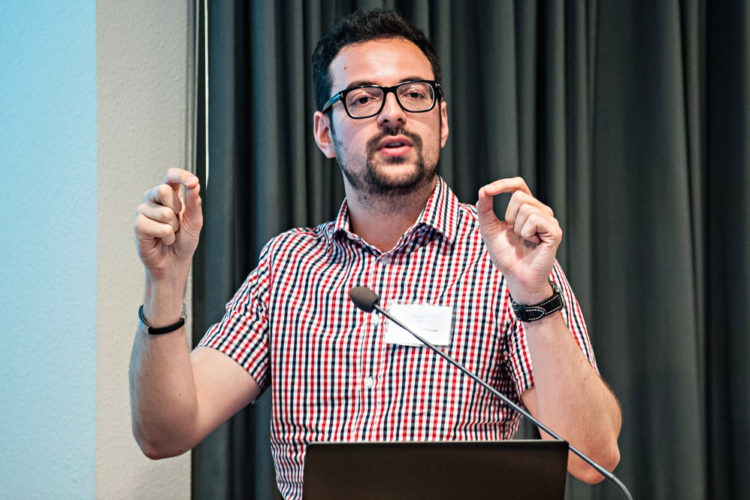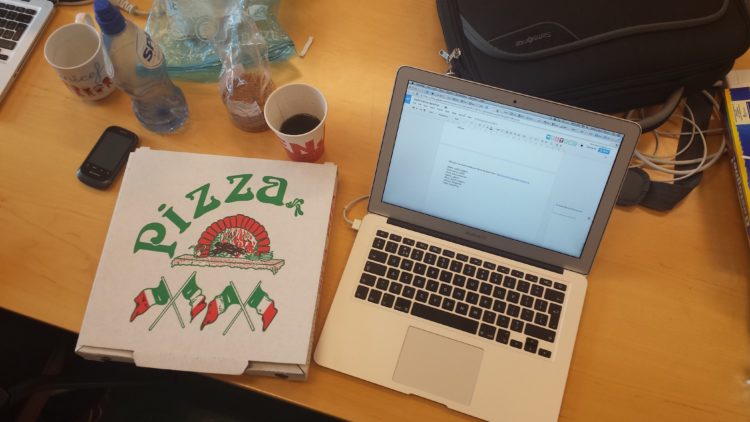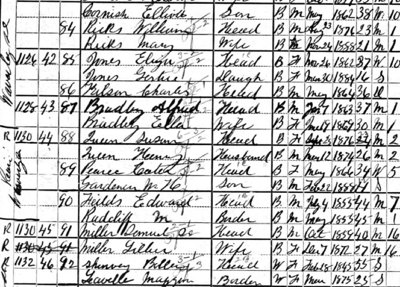Please find all details on CEDAR’s final event here.
Category: CEDAR
2nd International Workshop on Semantic Statistics, ISWC 2014 — Report
Following up on last year’s edition, in October 19th we participated in the second edition of SemStats, the ISWC workshop that brings together the Semantic Web and the Statistics communities.
Talk of Europe Creative Camp
On last October 7th and 8th CEDAR joined the Talk of Europe Creative Camp, in the Nederlands Instituut voor Beeld en Geluid (NISV) in Hilversum.
Digital Humanities Congress 2014 @ University of Sheffield – Report
The Digital Humanities Congress is a conference held in Sheffield every two years. Organized by the Humanities Research Institute of the University of Sheffield, its purpose is to promote the sharing of knowledge, ideas, and techniques within the digital humanities.
Digital Humanities Benelux Conference – Report
On June 12-13 I attended the very First Digital Humanities Benelux Conference (#DHBenelux) in The Hague, organised in the Koninklijke Bibliotheek / Huygens ING.
Linkathon at the VU
During last April 2, CEDAR participated in the great 1st VU Digital History Datathon (notice the difference with a hackathon).
Harmonization efforts
Harmonization is a fundamental task in CEDAR to improve census data quality and comparability.
CEDAR minisymposium, March 31st – April 1st 2014
Once a year we celebrate a project mini symposium, where we come together, report our advances, and open the floor to researchers interested in the variety of topics the project involves: statistical data, social history, the Semantic Web, data harmonisation, and many others. This year we will have a two-day program.
CEDAR Harmonize, hands-on session
The 507 census tables contain several dimensions, which correspond to the column and row headers with the properties (gender, marital status, etc.) that the census numbers describe.
CEDAR census RDF dataset alpha release, v0.1
We’re pleased to announce the first (alpha) release of the Dutch historical censuses dataset as Linked Data. Point your browsers and applications to the SPARQL endpoint
